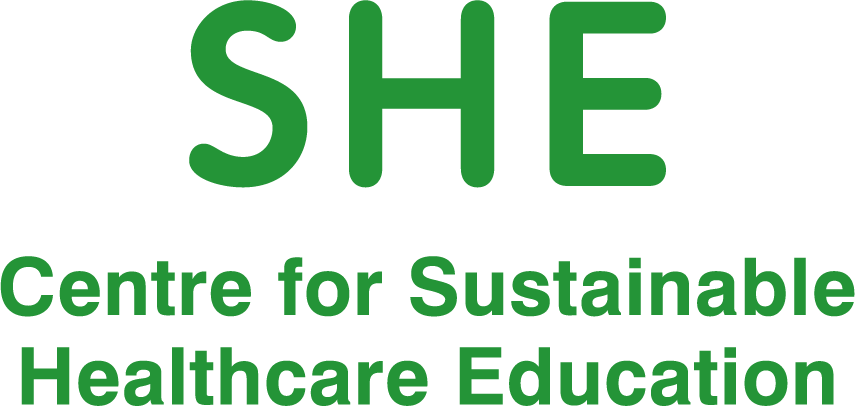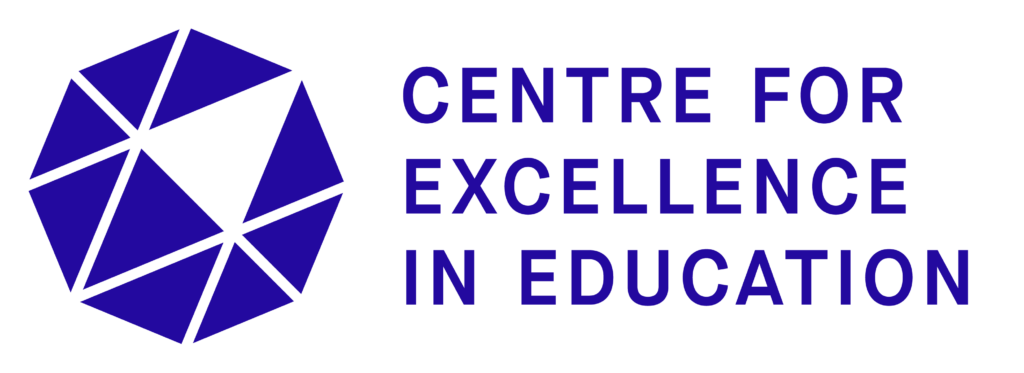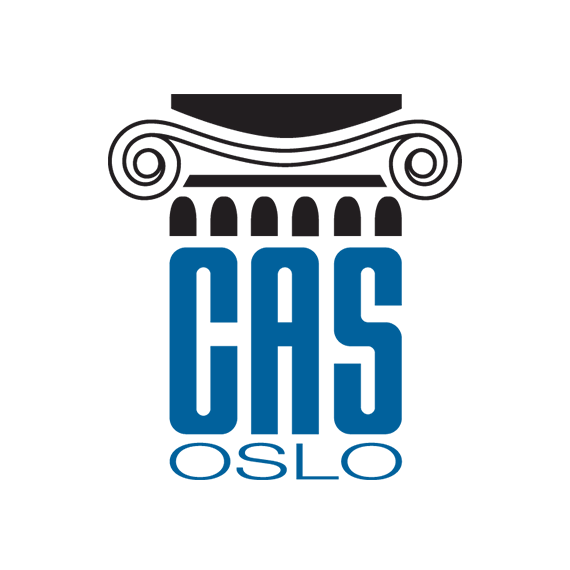Centre for Sustainable Healthcare Education (SHE)
I am the Director and Co-Funder of the University of Oslo’s Center for Sustainable Healthcare Education (SHE), which is a Centre for Excellence in Education funded by the Directorate for Higher Education and Skills for a period of 6 years
The overall objective of SHE is to inspire critical reflection among future health professionals about the meaning and implications of sustainability in healthcare, and more specifically, how the Sustainable Development Goals (SDGs) challenge health professional decision-making.
Our approach stems from the conviction that achieving the SDGs in healthcare requires not only scientific literacy but also emotional intelligence, critical reflection, and narrative competence. This calls for a re‑envisioning of the evidence‑based medicine framework—one that integrates biomedical knowledge with the human stories and cultural contexts that give illness meaning, and that balances attentive care for the individual patient with broader commitments to social justice, global equity, and the health of future generations.
To this end, we advance a translational humanities model of education—one that broadens the competencies of evidence‑based medicine to include empathetic listening, narrative sensitivity, and ethical reasoning, all of which are essential for navigating the paradoxes of sustainable care. For example, by engaging with diverse understandings of what constitutes “sustainable” care, students are prompted to reflect on how a treatment deemed sustainable for an individual in one context may be considered economically unfeasible precisely in the regions where it is most needed. A key methodological innovation in this work is the critical datathon. This interdisciplinary exercise brings together students from diverse academic and clinical backgrounds to analyze real-world materials — policy documents, health records, patient testimonies — through a combined narrative, conceptual, and data-driven lens.


KNOWIT: Knowledge in Translation
This research group, hosted by the Centre for Sustainable Healthcare Education (SHE), examines implementation challenges in healthcare through a humanities lens.
Our approach—translational medical humanities—brings together frameworks from translational medicine and knowledge translation, such as evidence synthesis, guideline development, and implementation science, with perspectives from translation studies in the humanities that attend to linguistic, cultural, and historical shifts in meaning. Only a fraction of any medical intervention is purely scientific; medicine always travels through language, texts, and culturally and historically shaped contexts. Understanding these dimensions can make health knowledge both deeper and more effective.
For this exchange to succeed, learning must move in both directions: medicine must draw on the humanities, and the humanities must be willing to step beyond the ivory tower. The humanities, too, must become translational.
We apply this perspective across several strands of research:
Hospital-at-Home Experiences in Minority Settings
Building on Barbara Cassin’s broad conceptualization of home as a lived experience rather than a location, this strand investigates how sociomaterial conditions, technologies, and linguistic practices shape Hospital-at-Home experiences for patients with minority backgrounds.
Narrative Patterns in Evidence Synthesis
This strand examines how narrative structures shape the development and adaptation of systematic reviews and clinical guidelines in reproductive health—using abortion, transgender youth care, and IVF as case studies—to illuminate how evidence is framed, interpreted, and translated differently across constituencies.
Sustainable Health Communication and Critical Literacy in an AI-Shaped Information Landscape
This strand explores how to develop more sustainable models of health communication – including critical health literacy interventions – by drawing on narrative and philosophical perspectives (Fisher, Kristeva, Lonergan, among others) to support patients, particularly those with chronic conditions, as they navigate increasingly complex health information landscapes. It also examines the emerging role of artificial intelligence and large language models as both challenges to, and resources for, patient understanding, communication, and empowerment.
KNOWIT has received funding from several sources, including the Centre for Advanced Studies at the Norwegian Academy of Science and Letters and the Research Council of Norway.
